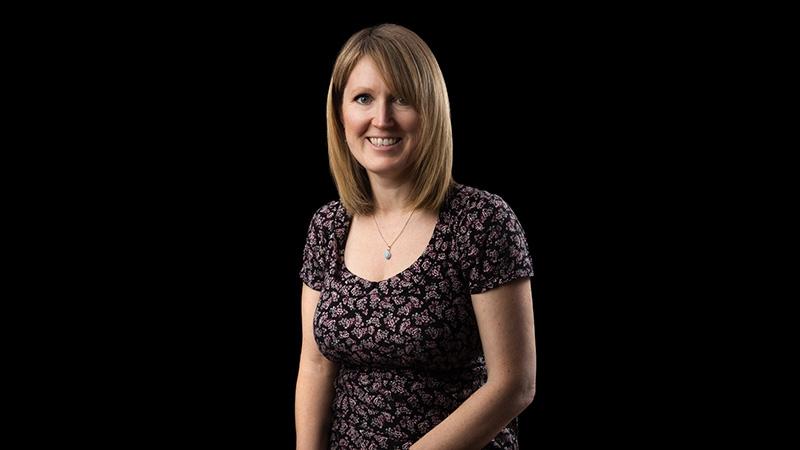Professor Catherine Loveday, Professor on the Cognitive and Clinical Neuroscience BSc course, wrote an article for The Conversation about why clapping for carers feels so uplifting.

In the article, Professor Loveday explained why this communal act had such a significant impact on a large number of people, and wrote: “At a very basic level, the display of appreciation makes us feel good because it is an opportunity to explicitly express our gratitude for the extraordinary efforts that so many of our health workers are making. Being grateful has repeatedly been shown to boost wellbeing and promote prosocial behaviour.”
She added: “These uplifting feelings are further boosted by the brain’s unconscious memory system: from a young age, we learn to associate clapping and cheering with positive moments in our life – success, appreciation, celebration and victory.”
Drawing on the clap for carers, Professor Loveday wrote: “But the effects we felt last Thursday go beyond learned association and feeling grateful. What many of us found for those few minutes what a much-needed sense of human connection and belonging.”
She added: “During a period when we are so restricted in terms of physical contact with others, maybe it is no surprise that we find comfort in the physical sound of other people cheering – the auditory equivalent of a group hug.
“It also explains the huge emotional response to stories and videos of people singing from their balconies, as well as musicians performing outside care homes.”


